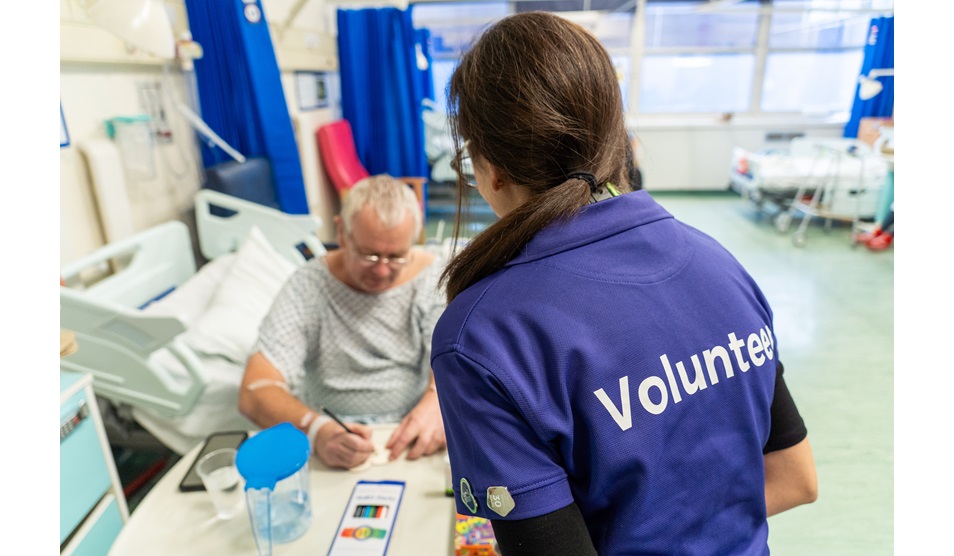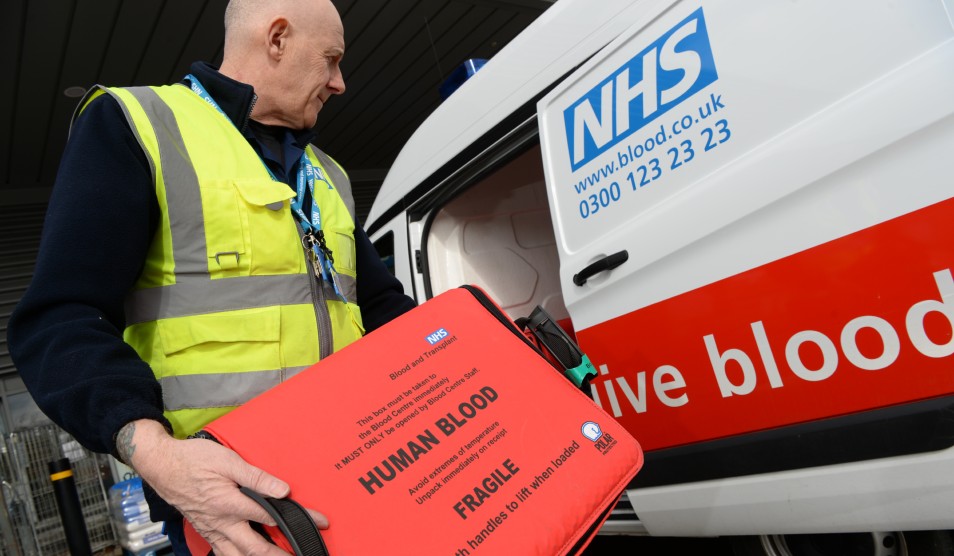£5 million extra funding helps Imperial College Healthcare boost capacity for this winter
Imperial College Healthcare NHS Trust is set to begin building works to create an extra 50 inpatient beds this winter.
The works have been made possible with £5 million of additional capital funding announced by the Secretary of State for Health on 7 September. Nationally, £145 million from the Department of Health and Social Care’s existing budget has been allocated to 81 new schemes to improve emergency care ahead of winter.
The Trust’s 50 additional beds will be spread across its Charing Cross, Hammersmith and St Mary’s hospitals.
The extra capacity will support the Trust’s wider urgent and emergency care improvement programme.
Over the past 18 months, the Trust has:
• expanded ambulatory emergency care services, enabling hundreds of patients to get the care they need without being admitted or even attending A&E;
• redeveloped the A&E department at St Mary’s Hospital;
• begun roll out of national best practice for wards;
• begun redevelopment of the A&E department at Charing Cross Hospital.
The latest phase of the improvement programme has just begun, with a care journey and capacity collaborative focusing on managing our beds more efficiently, including using a new ‘real-time’ monitoring system, and putting in more resource to help patients get all of the support they need to be discharged promptly after they have had inpatient treatment.
Professor Tim Orchard, chief executive of Imperial College Healthcare NHS Trust, said: “Our urgent and emergency care improvement programme has delivered significant benefits for patients and enabled us to respond to a continuing increase in urgent admissions as well as problems with our ageing estate.
“We’re now gearing up for another, really focused effort over the next three months to ensure we have the ways of working and capacity in place to continue to provide high quality care throughout the coming winter.
“This will mean not only better care for urgent and emergency patients but also fewer cancelled operations and a much better experience for all of our staff.”



